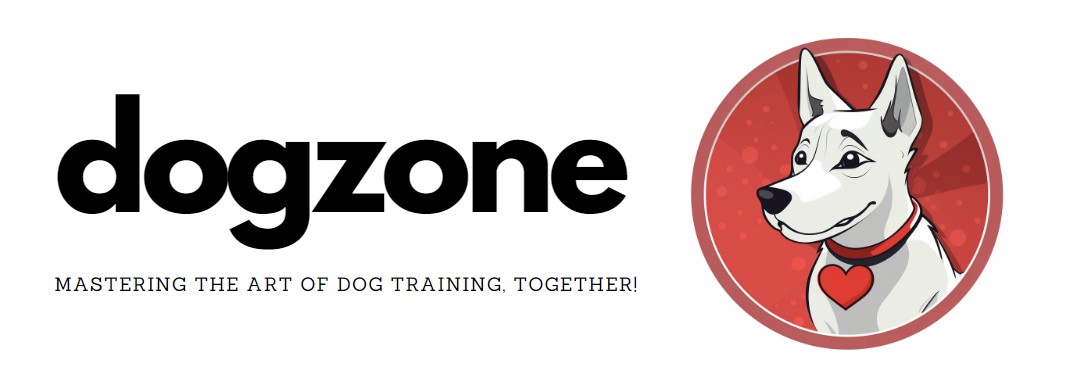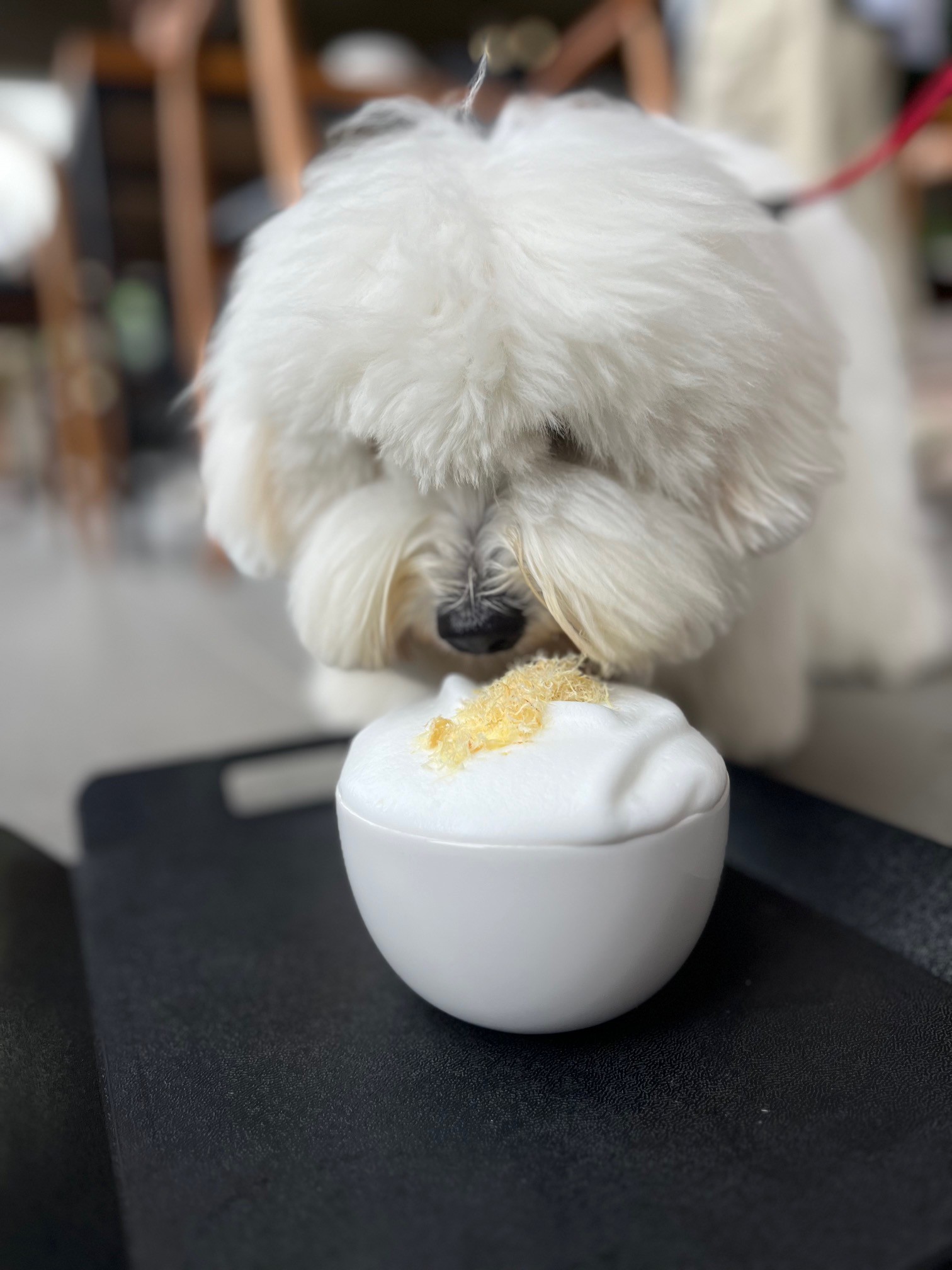One of the main jobs undertaken by vets is providing preventive health advice and treatment.
As such, it causes us great concern to hear that a number of veterinary clinics in Australia have been reporting cases of Parvo-virus in dogs.
What is Parvo Virus?
This deadly and highly infectious disease appeared spontaneously (worldwide) in the late 1960’s and early 1970’s. It causes destruction of the intestinal lining and results in vomiting, diarrhea, dehydration and, ultimately death.
The parvo virus is spread via bodily fluids but lasts for a long time (months) in the environment and can be passed on inadvertently by what we call fomites – clothing, shoes, bedding, etc.
In other words, if you’ve been in contact with an infected dog, you can potentially infect your own dog as a result.
Preventing Parvo
Although Parvovirus can be treated if caught early enough, it kills many dogs every year in Australia.
The saddest thing about the devastation caused by this disease is that it’s entirely preventable.
A simple course of vaccinations with appropriate boosters (for life) is enough to protect your dog from the Parvo virus.
There’s a lot of debate at the moment about how long vaccination remains effective and the jury is still out on that discussion. What we do know, however, is that the most important time to ensure adequate vaccination cover is at the puppy stage, when your dog is at their most vulnerable.
What you have to understand is that vaccination is a means of challenging the immune system to produce specific, protective antibodies – natures own little bodyguards.
Each time we “challenge” the immune system with appropriate vaccines, we set off an immune response in the dog. If done properly, the patient will then have enough antibodies in circulation to be able to fight off any infection and to prevent disease from setting in.
Of course, this also means that this particular dog will not be able to pass on the disease to others, which means you’re helping prevent the spread (sorry to use such a cliché post-pandemic).
If enough pets (dogs, in this case) are adequately vaccinated, “herd immunity” is a real benefit. When the number of dogs susceptible to the virus is minimised, the chance of Parvo spreading through your neighbourhood is significantly reduced.
Understanding the Issues (and Controversy) with Vaccinations?
The most important factor in the first place is to update vaccination for the mother before the pups are born. This way, antibodies are passed on via mother’s milk and provide some degree of protection over the first few weeks of life.
Most veterinarians would agree pups should be vaccinated at 6-8 weeks of age, and then again at 10-12 weeks. This is the first point at which it becomes contentious, however.
Oft repeated research from around the world has consistently shown maternal antibodies (passed on to the pup whilst suckling in the first few hours of life) actually interfere with the puppies own response to vaccination.
As a result, the last vaccine of the puppy course should be given after these antibodies have been removed from the dogs bloodstream (generally 14-16 weeks of age).
In recent years, however, some vaccine companies have claimed their vaccines are able to produce adequate antibody production with only 2 injections and with the last of these given as early as 10 weeks. This vaccination protocol has been embraced by some veterinarians and by a number of breeders.
It’s a sad fact of life that this protocol is flawed and is likely contributing to some of the cases of parvo-virus that we’re seeing.
Any veterinarian worth their salt will offer a test which can measure your dog’s level of antibodies.
This simple blood test will tell your vet whether protection is adequate, or whether further vaccination is required.
What many vets are discovering is that a number of puppys do not have adequate “titre” (the level of antibodies in circulation) after the first two vaccinations.
Of course, this fits exactly with what research tells us. As such, we have no hesitation in recommending that puppies should have (at least) three separate injections as a routine vaccination course. The last of these should be between 14 and 16 weeks of age at which point most of the maternal antibodies are gone.
How often should you get repeat vaccinations?
The second point at which veterinary practices differ is on the issue of how often we should repeat vaccinations in adult dogs.
This is a complex topic.
However, suffice to say that, at the moment, the combination of risk (we live very close to high-risk areas for parvovirus), convenience and cost, dictates annual vaccination is the best bet for most people.
What’s the bottom line with puppy vaccination and parvovirus?
Firstly, it’s really, really important!
Secondly, you need to be sure that your pup has had an adequate response to the vaccination course and has developed a protective level of antibodies.
The easiest way to do this is by means of a three-injection course with the last injection given between 14 and 16 weeks of age.
If you’d rather not do this, you should have your pup titre-tested (blood test) at 16 week to ensure he or she has responded fully to vaccination.
If you don’t follow these recommendations, you could be putting the health of your puppy at risk. On top of this, you’re also jeopardising the health of all dogs in the community, particularly those of your friends and family.


Leave a Reply